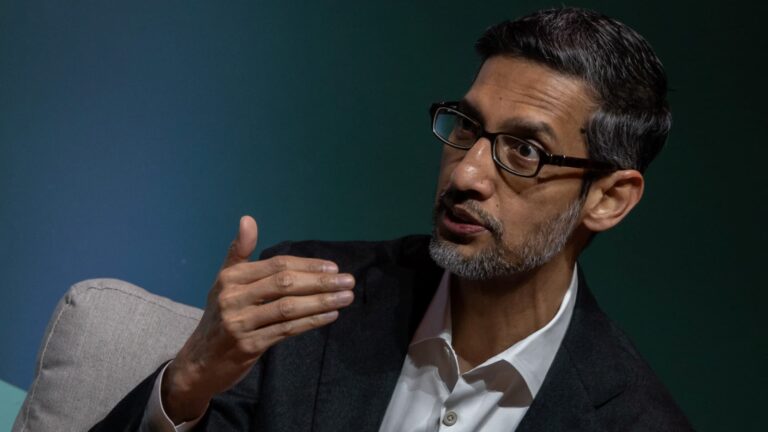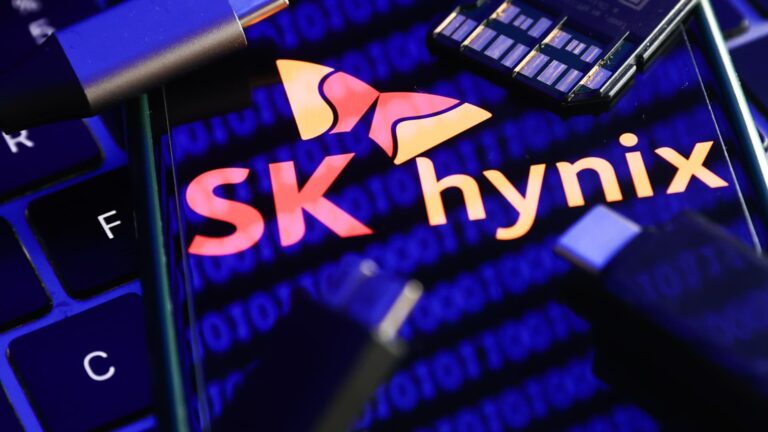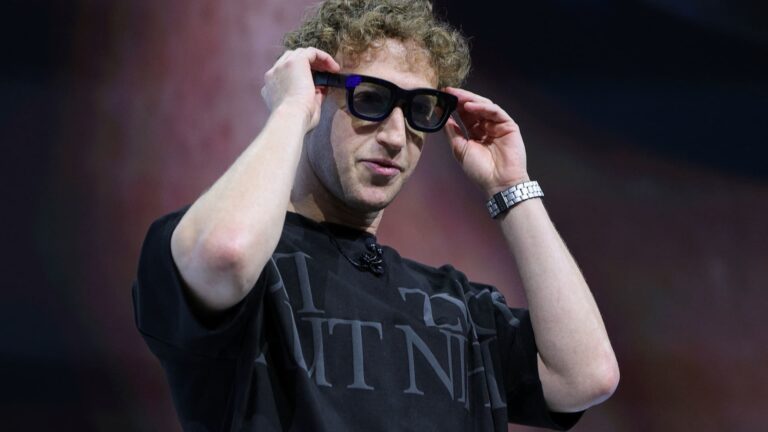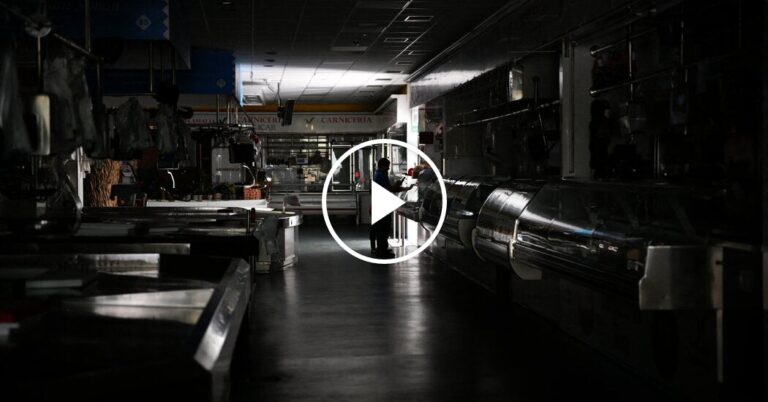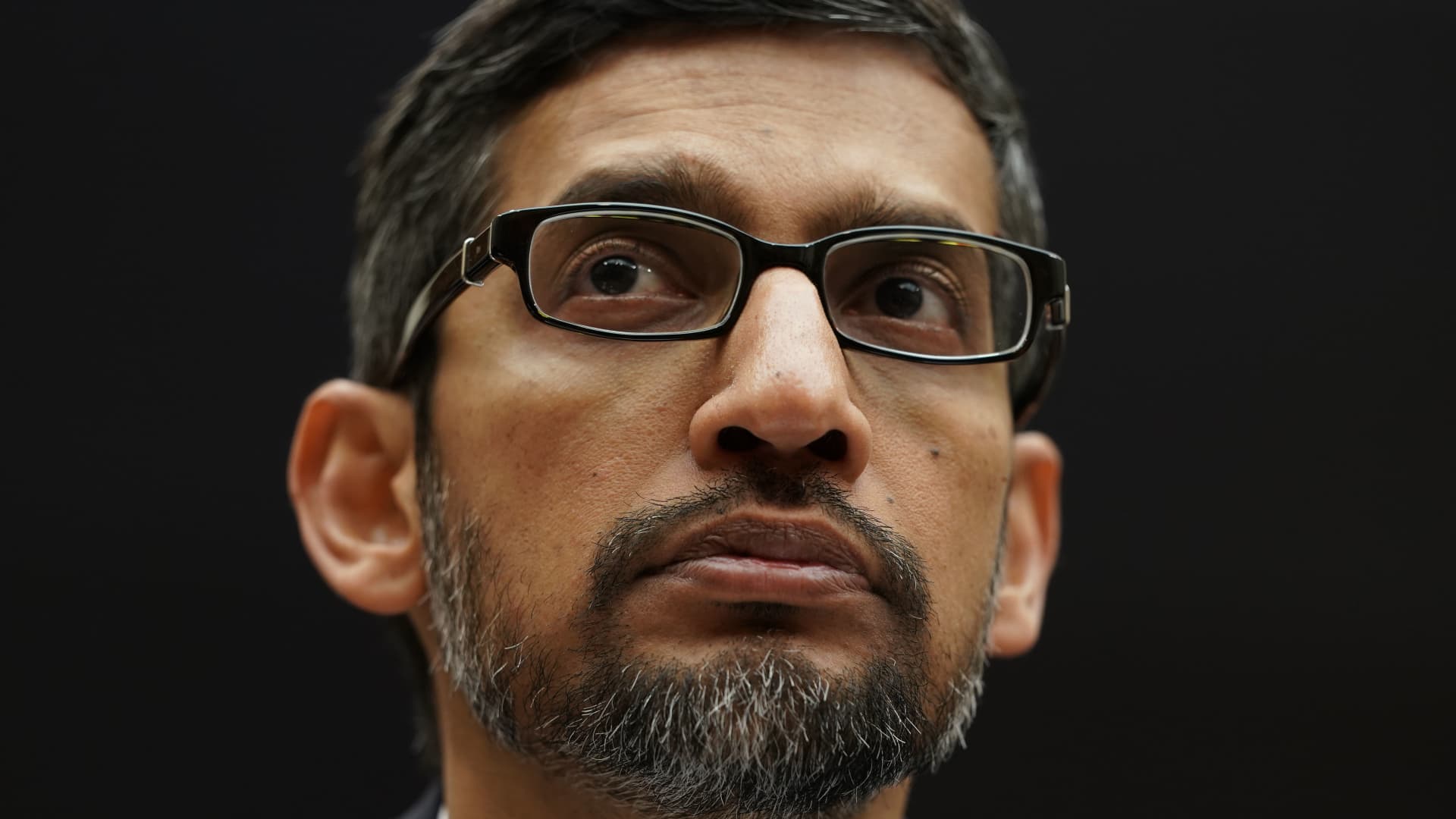
Google CEO Sundar Pichai testifies before the House Judiciary Committee at the Rayburn House Office Building on December 11, 2018 in Washington, DC.
Alex Wong | Getty Images
Google’s antitrust woes are continuing to mount, just as the company tries to brace for a future dominated by artificial intelligence.
On Thursday, a federal judge ruled that Google held illegal monopolies in online advertising markets due to its position between ad buyers and sellers.
The ruling, which followed a September trial in Alexandria, Virginia, represents a second major antitrust blow for Google in under a year. In August, a judge determined the company has held a monopoly in its core market of internet search, the most-significant antitrust ruling in the tech industry since the case against Microsoft more than 20 years ago.
Google is in a particularly precarious spot as it tries to simultaneously defend its primary business in court while fending off an onslaught of new competition due to the emergence of generative AI, most notably OpenAI’s ChatGPT, which offers users alternative ways to search for information. Revenue growth has cooled in recent years, and Google also now faces the added potential of a slowdown in ad spending due to economic concerns from President Donald Trump’s sweeping new tariffs.
Parent company Alphabet reports first-quarter results next week. Alphabet’s stock price dipped more than 1% on Thursday and is now down 20% this year.

In Thursday’s ruling, U.S. District Judge Leonie Brinkema said Google’s anticompetitive practices “substantially harmed” publishers and users on the web. The trial featured 39 live witnesses, depositions from an additional 20 witnesses and hundreds of exhibits.
Judge Brinkema ruled that Google unlawfully controls two of the three parts of the advertising technology market: the publisher ad server market and ad exchange market. Brinkema dismissed the third part of the case, determining that tools used for general display advertising can’t clearly be defined as Google’s own market. In particular, the judge cited the purchases of DoubleClick and Admeld and said the government failed to show those “acquisitions were anticompetitive.”
“We won half of this case and we will appeal the other half,” Lee-Anne Mulholland, Google’s vice president or regulatory affairs, said in an emailed statement. “We disagree with the Court’s decision regarding our publisher tools. Publishers have many options and they choose Google because our ad tech tools are simple, affordable and effective.”
Attorney General Pam Bondi said in a press release from the DOJ that the ruling represents a “landmark victory in the ongoing fight to stop Google from monopolizing the digital public square.”
Potential ad disruption
If regulators force the company to divest parts of the ad-tech business, as the Justice Department has requested, it could open up opportunities for smaller players and other competitors to fill the void and snap up valuable market share. Amazon has been growing its ad business in recent years.
Meanwhile, Google is still defending itself against claims that its search has acted as a monopoly by creating strong barriers to entry and a feedback loop that sustained its dominance. Google said in August, immediately after the search case ruling, that it would appeal, meaning the matter can play out in court for years even after the remedies are determined.
The remedies trial, which will lay out the consequences, begins next week. The Justice Department is aiming for a break up of Google’s Chrome browser and eliminating exclusive agreements, like its deal with Apple for search on iPhones. The judge is expected to make the ruling by August.
Google CEO Sundar Pichai (L) and Apple CEO Tim Cook (R) listen as U.S. President Joe Biden speaks during a roundtable with American and Indian business leaders in the East Room of the White House on June 23, 2023 in Washington, DC.
Anna Moneymaker | Getty Images
After the ad market ruling on Thursday, Gartner’s Andrew Frank said Google’s “conflicts of interest” are apparent by how the market runs.
“The structure has been decades in the making,” Frank said, adding that “untangling that would be a significant challenge, particularly since lawyers don’t tend to be system architects.”
However, the uncertainty that comes with a potentially years-long appeals process means many publishers and advertisers will be waiting to see how things shake out before making any big decisions given how much they rely on Google’s technology.
“Google will have incentives to encourage more competition possibly by loosening certain restrictions on certain media it controls, YouTube being one of them,” Frank said. “Those kind of incentives may create opportunities for other publishers or ad tech players.”
A date for the remedies trial hasn’t been set.
Damian Rollison, senior director of market insights for marketing platform Soci, said the revenue hit from the ad market case could be more dramatic than the impact from the search case.
“The company stands to lose a lot more in material terms if its ad business, long its main source of revenue, is broken up,” Rollison said in an email. “Whereas divisions like Chrome are more strategically important.”
WATCH: U.S. judge finds Google holds illegal online ad-tech monopolies

